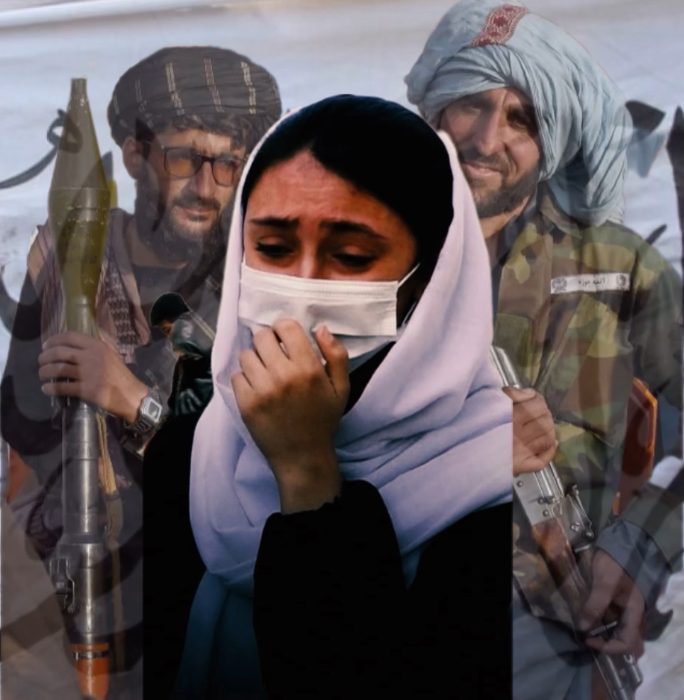RASC News Agency: The United Nations Women’s Division and UNICEF have issued a stark warning that the continued exclusion of Afghanistani girls from education will have irreversible and catastrophic consequences for future generations. As Afghanistan enters the fourth year of the Taliban’s systematic ban on female education, global concern continues to mount over what has been described as a deliberate assault on human rights and national progress. In a statement released on Wednesday, March 26, UN Women denounced the ongoing restrictions as a “profound injustice”, calling for the immediate and unconditional restoration of Afghanistani girls’ right to education. The organization underscored that this blatant violation of fundamental rights not only deprives Afghanistani girls of opportunities but jeopardizes the future stability and prosperity of the entire nation.
The statement further emphasized that education is a universal human right, and its denial constitutes a direct attack on Afghanistan’s social and economic fabric. Educated women play a pivotal role in fostering economic growth, reducing poverty, and improving public health, and restricting their access to education is an act of systematic repression that will have far-reaching consequences for generations to come. The United Nations Children’s Fund (UNICEF) has reported that nearly 400,000 Afghanistani girls have been barred from secondary education in the current academic year alone. If these restrictions persist, the agency warns, by 2030, over four million Afghanistani girls will be completely deprived of formal education, deepening an already dire humanitarian and economic crisis.
Beyond the immediate repercussions, the denial of education to girls severely limits economic mobility, exacerbates poverty, and undermines public health initiatives. The absence of educated women in society weakens governance, restricts healthcare awareness, and hinders efforts to combat disease and malnutrition. Without access to learning, Afghanistani girls face a lifetime of economic marginalization, systemic discrimination, and profound vulnerability. Global condemnation of the Taliban’s educational apartheid continues to intensify, with international governments, UN agencies, and human rights organizations applying diplomatic and economic pressure to force a reversal of these policies. Yet, the Taliban remains intransigent, refusing to reopen schools and universities for female students. This unprecedented crackdown on education represents one of the most egregious human rights violations in modern Afghanistan, placing the country in stark isolation on the global stage.






